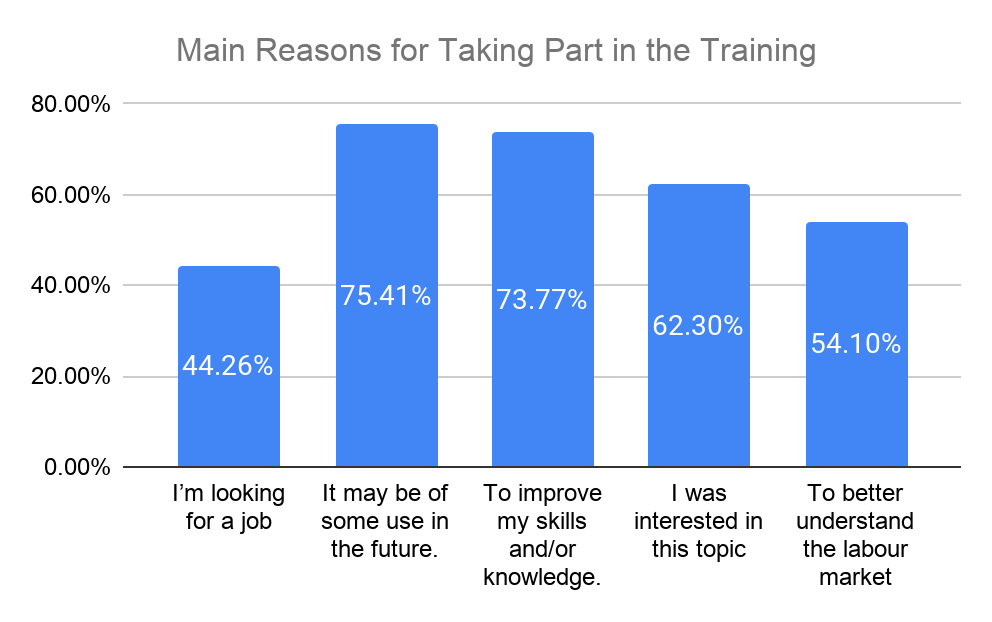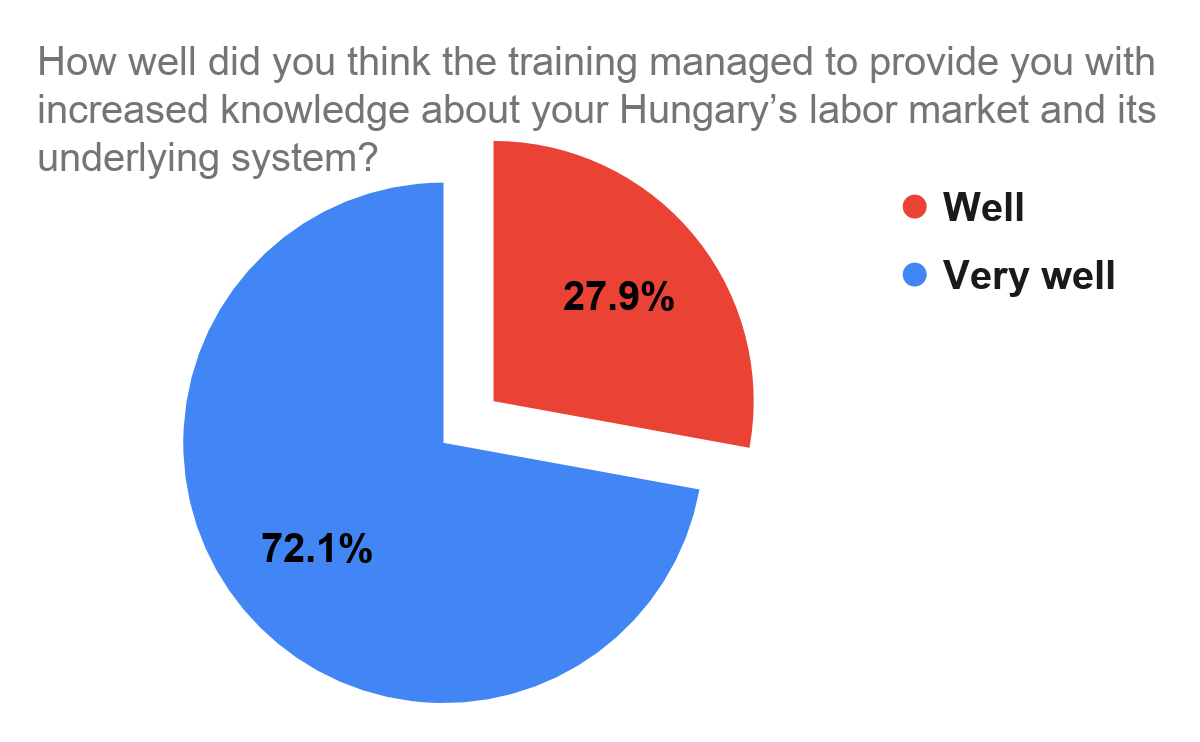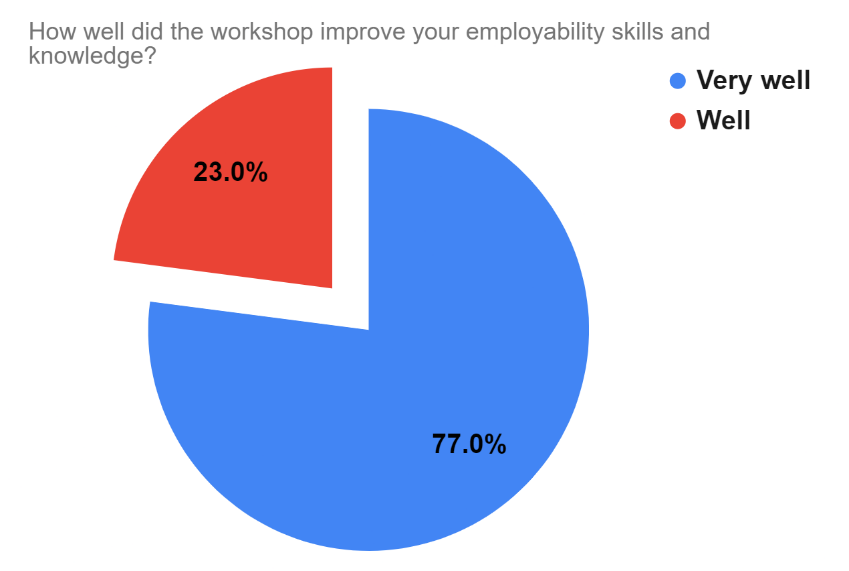Getting (Self-)Employed In Hungary as a TCN online workshop
A brief summary of the 2nd edition of MIraGE’s training held in Hungary

Subjective Values Foundation (SVF) successfully implemented the second edition of the Getting (self-)employed in Hungary as a TCN training between 12-14 April 2021.
More than 90 TCNs participated in the 3-day-long online event to listen to legal advices and procedural information from professionals (including the National Directorate-General for Aliens Policing [Immigration Office], the Menedék Hungarian Association for Migrants, further legal advisers and accountants), and personal experience of TCNs living in Hungary. The audience was quite diverse: participants were nationals of over 30 countries, being at all age between 18 and 60+, however, the majority was in its twenties with freshly finished or ongoing studies. They came with similar goals: to deepen their knowledge and understanding on the Hungarian labor market, to get advices on how to look for jobs, and to improve their employability skills (See below on ‘1st Table’).

The online training was divided into 3 sessions:
- procedural information about getting work permits through an employer,
- a step-by-step guide on how to set up own business in Hungary,
- clear guidelines on the legal and practical requirements of TCNs becoming self-employed (by setting up a KATA).
The feedbacks participants gave showed that the workshop went incredibly fruitful, they were especially grateful for learning about legislative details, hearing about real life TCN experiences, and getting the opportunity to discuss their individualized questions. Approximately 75% of the participants stated that the workshop deepened their knowledge on the Hungarian labor market, and improved their employability skills (see ‘2nd Table’ and ‘3rd Table’).


Participants provided several examples on how they will incorporate the information they have learned. Participants revealed that their new knowledge would help them plan their next steps; whether to redefine their careers, become self-employed, or work part-time. As stated by several participants, the information that they gained will allow them to ask the right questions to themselves and to consultants they reach out to. Motivation was prevalent through participants’ answers as some expressed that they are more confident to start their own business especially after listening to other TCNs experiences. Most participants felt more optimistic with their professional future being better equipped with knowledge and understandings regarding legal procedures of getting employed or self-employed.
“After attending all three sessions, everything came very well together and I feel like a new person in terms of hope, confidence and aspiration to make a better path for myself in life. So, thank you kindly for this great free opportunity for self-growth.”
“Those three days were extremely fruitful, I wish you all great success in your life and maybe one day I can come back as a successful case and also share my experience.”
“I had a great time and even connect with people that can be potential partners.”
“It was so helpful to get guided this way. It has made the seeking jobs process so much clearer.”
“I would like to stay in touch with Mirage projects, and contribute with my own experiences. I’m certain we can grow together.”
The success and the discovered need for such informative workshops gave a huge motivation for SVF’s team: we are already working on setting up a sustainable system to be able to provide regular help for those TCNs living in Hungary who want to enter the labor market but do not have enough knowledge on it.
Photo: Julia M Cameron from pexels.com.


